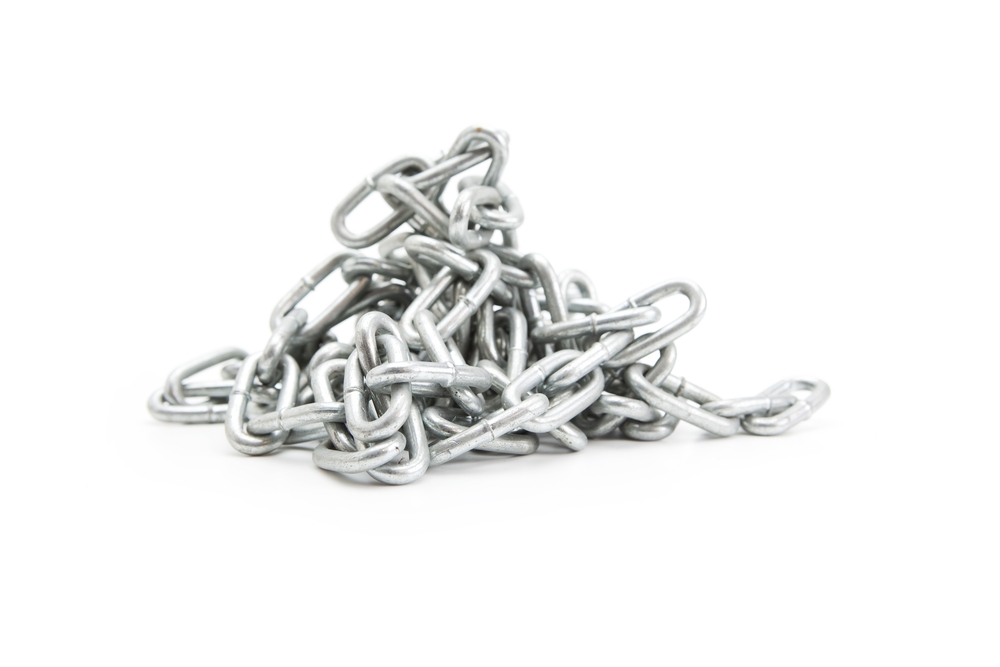In a recent Google Webmaster Help Channel video, Search Engineer Matt Cutts explained why the number of links on a page doesn’t have as much impact on search rankings as marketers may think. This is yet another reminder that SEO success does not solely depend on a marketer’s link strategy. To excel to the top of SERPs, brands must see how individual components of their campaigns fit into a bigger picture that puts user experience over all else.
In this case, the confusion pertains to whether there is an ideal number of links for optimal ranking signals. The short answer is, ‘No.’
Cutts gave the long answer in the video, starting with an explanation of where this misconception started.
“It used to be the case that Google bot and our indexing system would truncate at 100 or 101k, and anything beyond that wouldn’t even get indexed … We said that if a page is 101k or 100k, it’s reasonable to expect roughly one link per kilobyte or something like 100 links on the page,” he said.
Once this provision was added to Google’s Webmaster guidelines, marketers were quick to read it as a hard-and-fast rule.
“A lot [of people] assumed that if they had 102 links or something like that, that we would view it as spam and take action, but that was just kind of a rough guideline,” Cutts explained.
Now this advice is even more malleable because Google understands that larger sites with multimedia web content will naturally contain additional links. At the same time, Google’s technology has advanced and can process more data. Thus, more links isn’t necessarily a problem.
Cutts also offered some things to consider when deciding how many links to include on a given page:

- If it looks spammy (i.e. there are so many links on the page that it looks stuffed with keywords), Google might take action and punish sites.
- The more links there are on a page, the less PageRank each reference passes, So there may not be as much value in the links from those sites.
- It’s not unreasonable for a long site with a lot of value-added content to have 300 or 400 links going to substantial information on the page.
While Cutts’ decision to cover this topic clearly denotes there is still uncertainty about how heavily links factor into ranking signals, savvy marketers know the SEO world is moving away from this. Brafton previously covered an update when Cutts blatantly said marketers should stop focusing so much on links and spend more time considering ways to provide users with better experiences.





